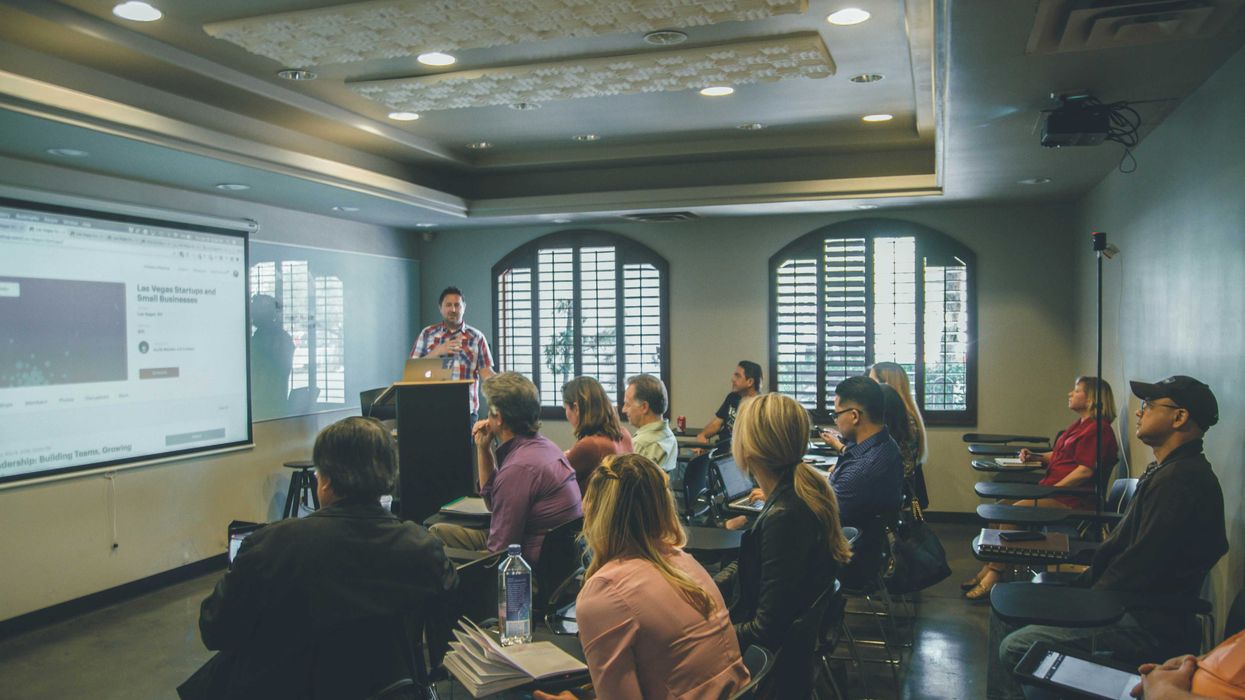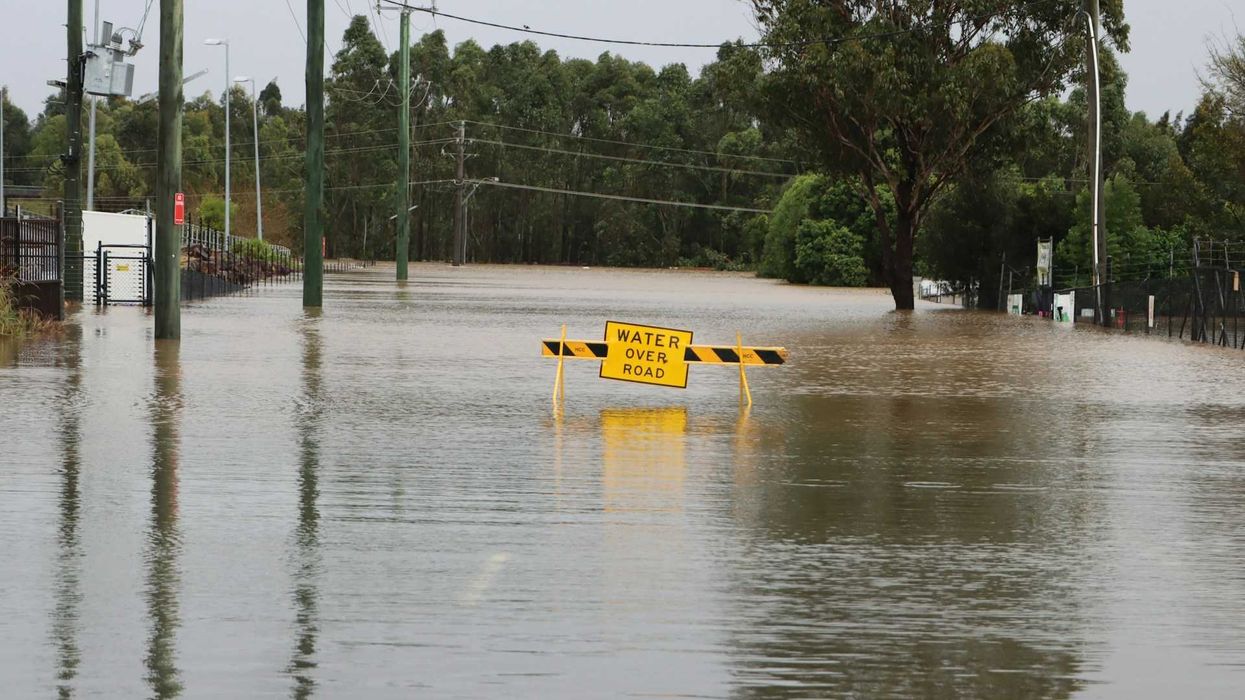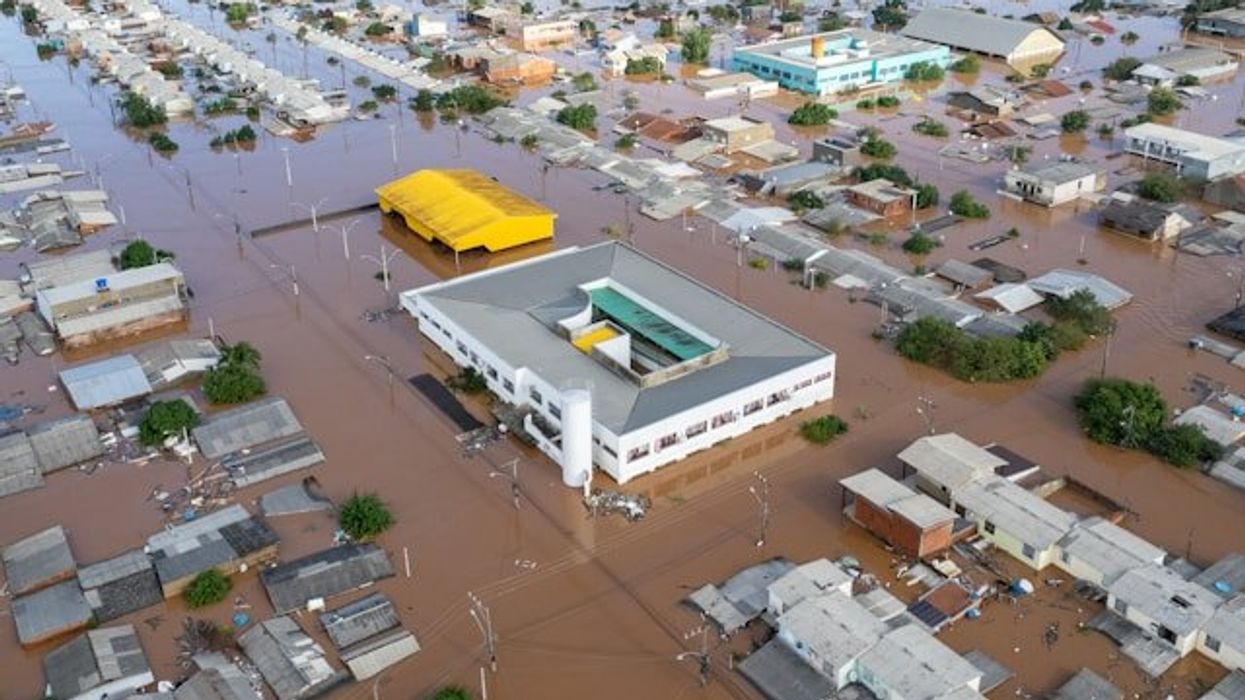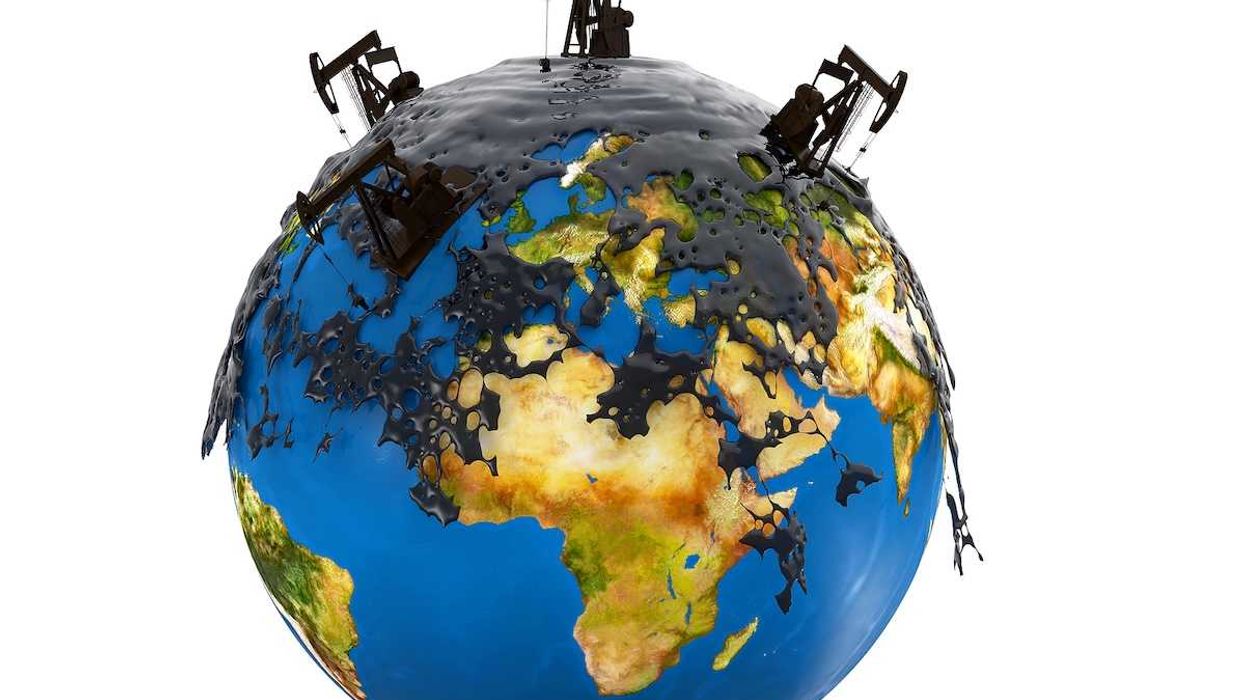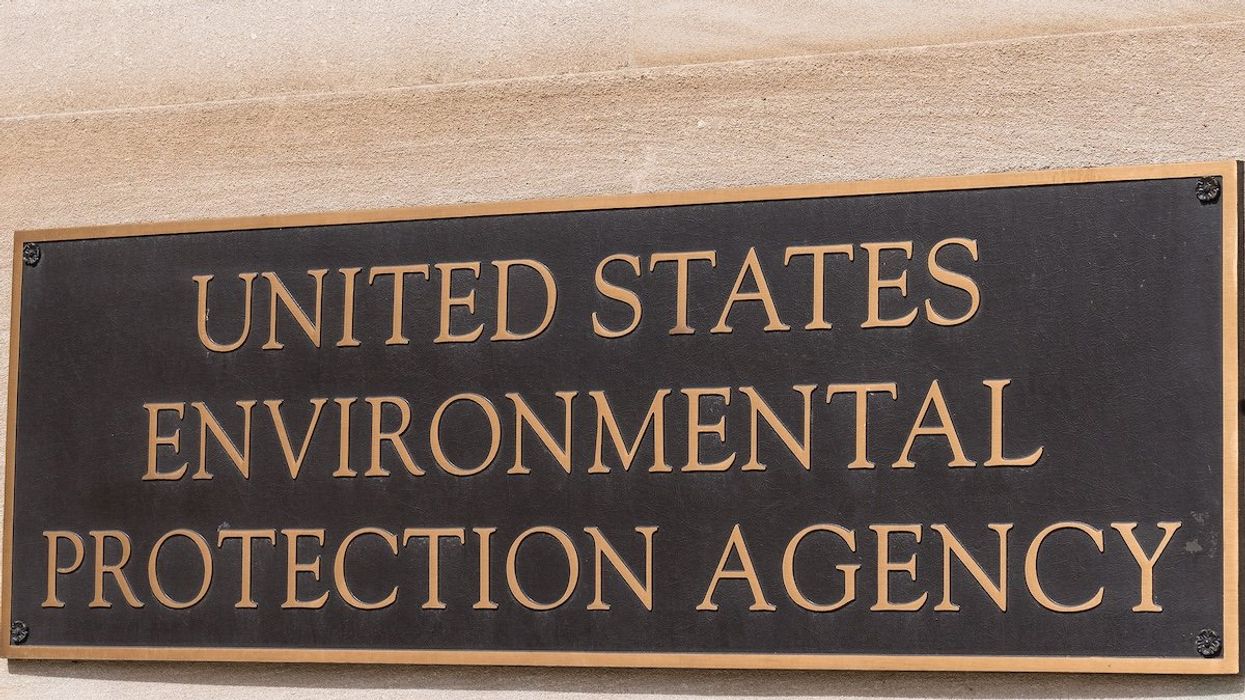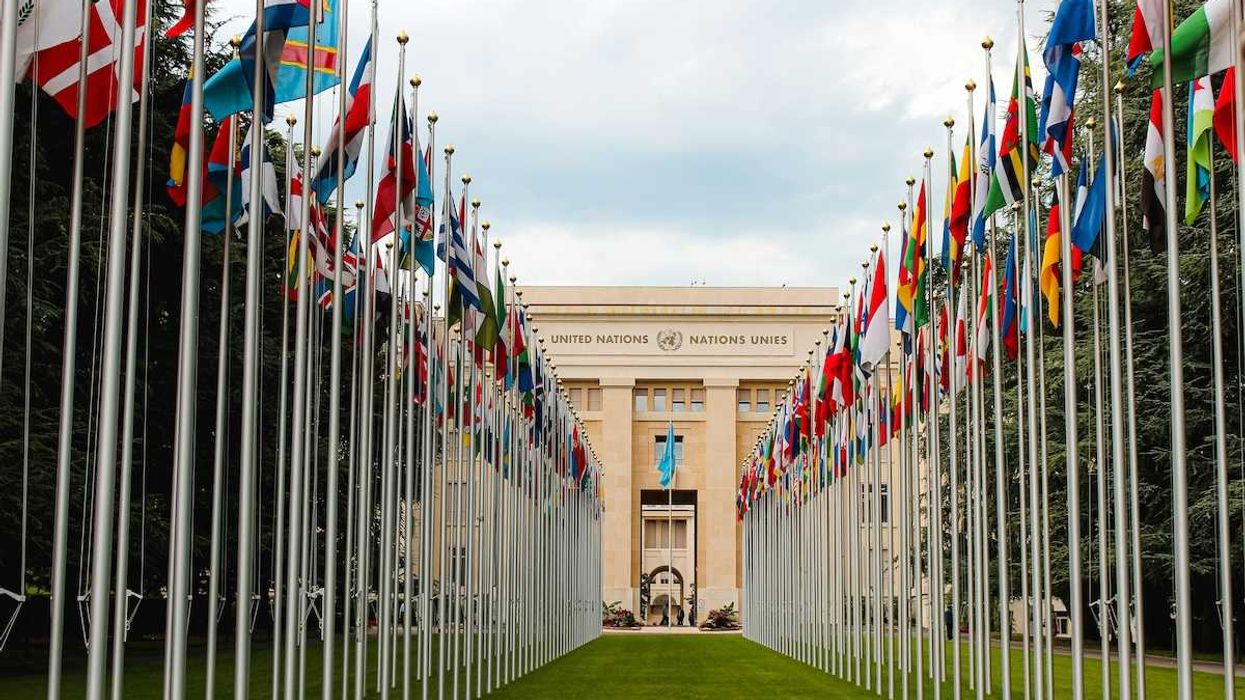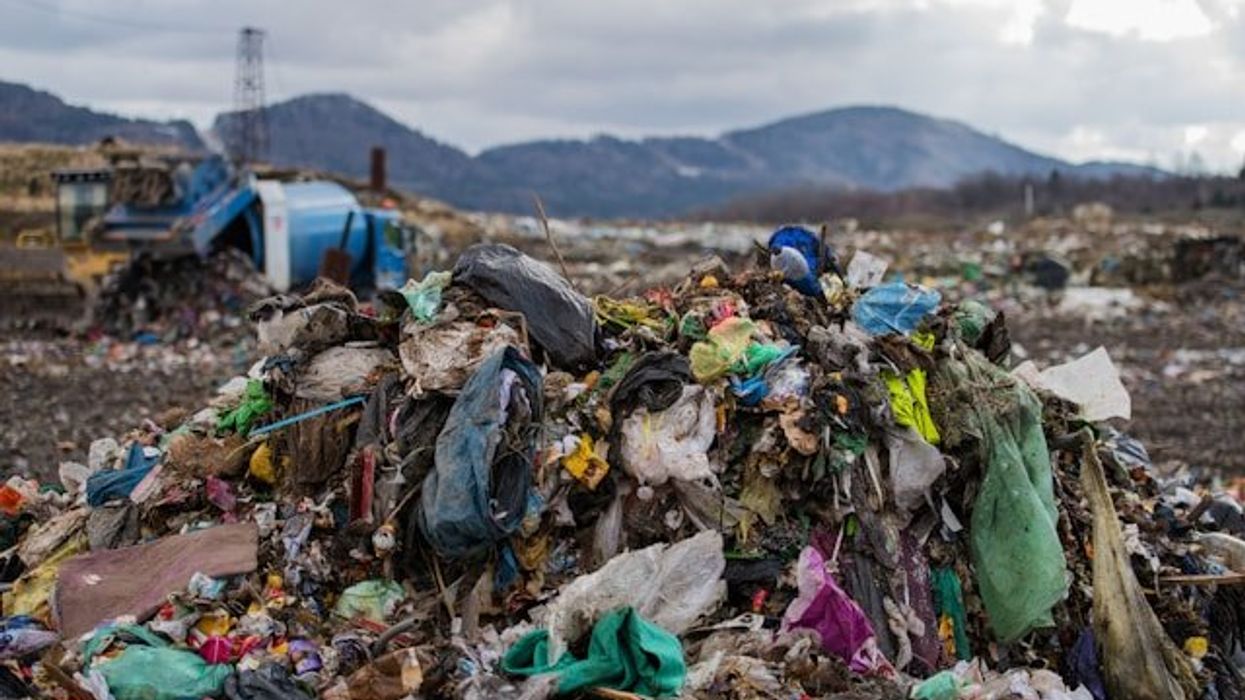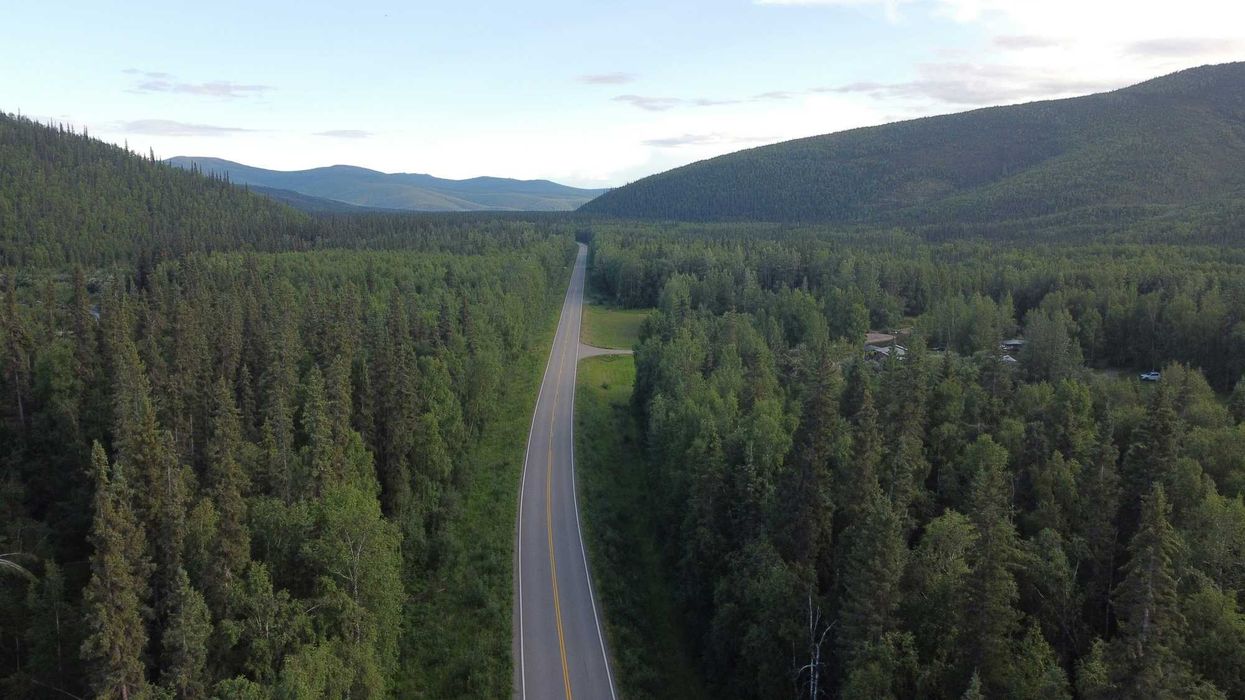Scott Mason IV, a former Oklahoma energy official and advisor to the conservative Project 2025 initiative, will oversee the U.S. Environmental Protection Agency's Region 6, which includes Texas, Louisiana, New Mexico, Arkansas, Oklahoma and 66 tribal nations.
Martha Pskowski reports for Inside Climate News.
In short:
- Mason previously advised on the EPA chapter of Project 2025, a Heritage Foundation plan advocating industry-friendly environmental policies.
- His appointment raises concerns among environmentalists, who fear weakened enforcement of pollution regulations and additional cuts to environmental justice programs.
- The Biden administration had prioritized environmental justice in Region 6, but Trump-era policies, including a proposed elimination of the Office of Environmental Justice, could undo those efforts.
Key quote:
“EPA is the backstop when states fail to do their job to protect clean air and clean water.”
— Jen Duggan, Environmental Integrity Project
Why this matters:
Region 6 of the U.S. EPA oversees some of the most environmentally vulnerable areas in the United States, including parts of Texas, Louisiana, Arkansas, Oklahoma and New Mexico. This region is home to numerous industrial corridors, such as Louisiana's infamous "Cancer Alley," where communities — disproportionately made up of people of color — have endured decades of exposure to high levels of air and water pollution from petrochemical plants, refineries and other industrial facilities.
Related EHN coverage: Pollution, Poverty, and People of Color


